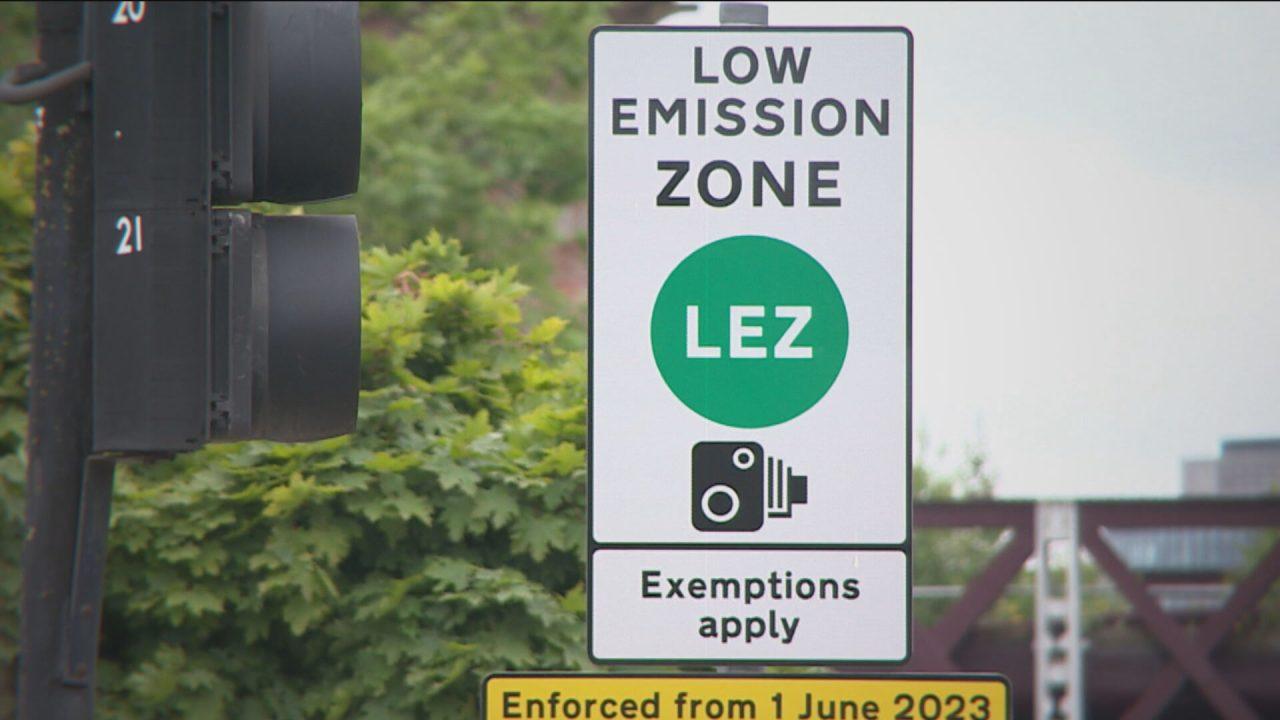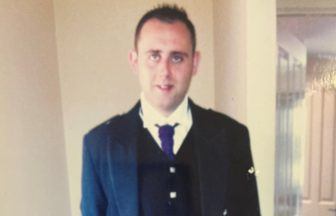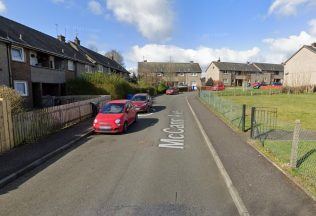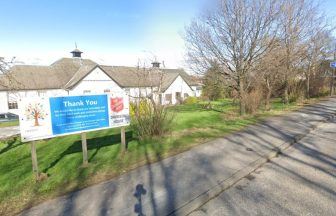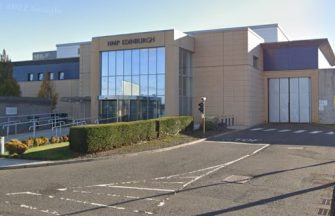Drivers in Edinburgh have had a “fair period of notice” ahead of enforcement of the low-emission zone (LEZ) from Saturday, the council leader has said.
Cammy Day said the scheme will reduce harmful emissions in the capital and help the city achieve its “bold and ambitious” target of reaching net zero by 2030.
An LEZ comes into force in Aberdeen on the same day as Edinburgh, while enforcement in Dundee began on Thursday.
Glasgow was the first city in Scotland where an LEZ was enforced, on June 1 2023, and it emerged earlier this month that Glasgow City Council received £1,010,585 in penalty charge payments from the zone in its first 10 months.
Speaking ahead of the Edinburgh zone coming into force, Day said the two-year window between the introduction of the LEZ on May 31, 2022 and the start of enforcement on Saturday, when motorists will face penalties for driving non-compliant vehicles within it, had provided ample time to prepare.
He said this has included drivers making use of public grants to retrofit or replace non-compliant vehicles, with motorists in Edinburgh having benefited from around £2.4m of support over the last three years.
Day said: “We’ve been planning this for two years, we’ve been promoting this to businesses and commuters for the last two years.
“They know as at the first of June this year it will become live, so it has given a fair period of notice to people that it will come in, and we’ve been working with the business community to make sure that any impact on them is lessened.”
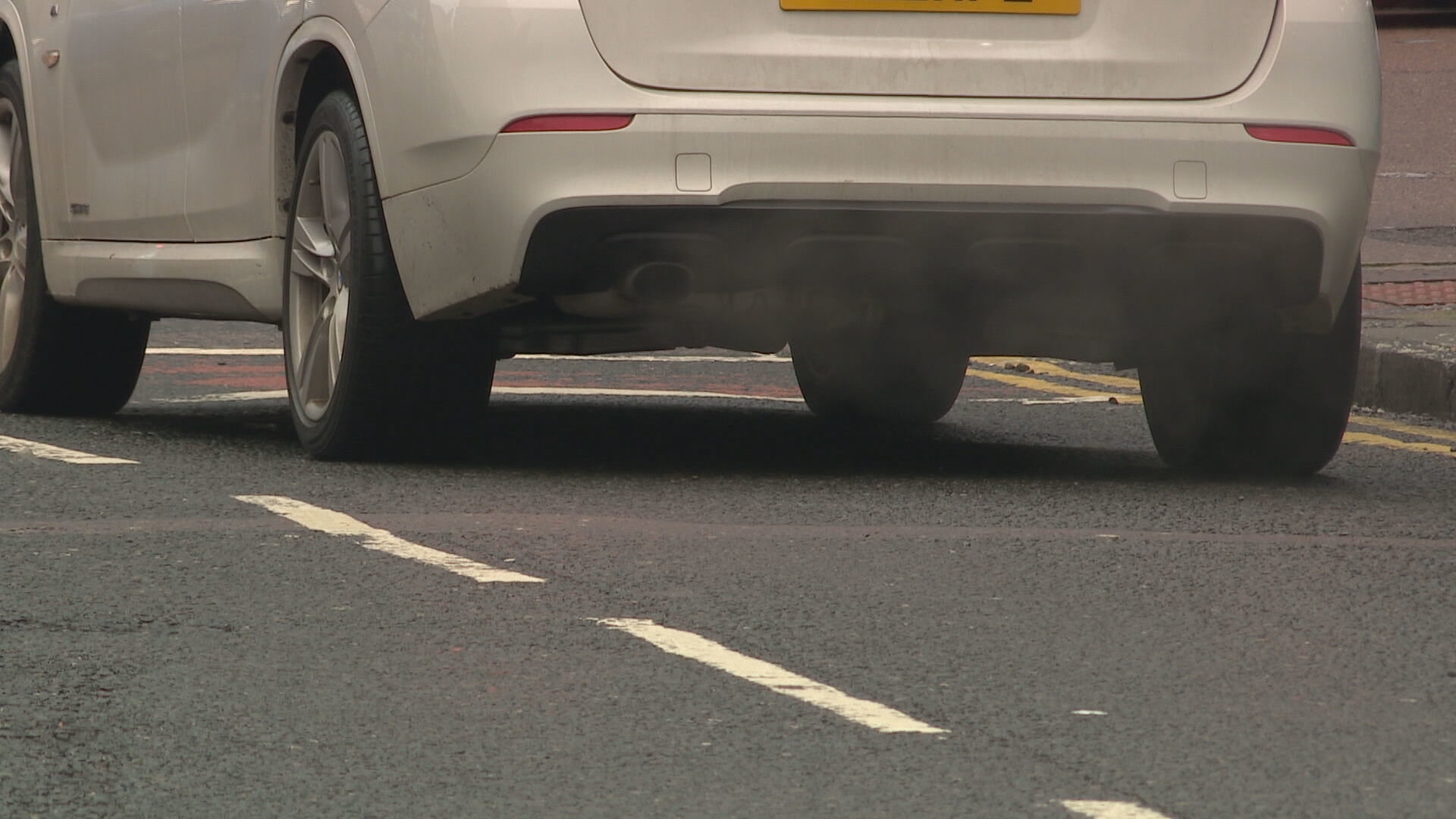 STV News
STV NewsTransport Secretary Fiona Hyslop said LEZ schemes are important because “any air pollution can have an impact on health”.
She said: “This bold action mirrors the decisive measures we’ve seen in towns and cities right across Europe. There are now over 320 similar schemes in effect which respond to the latest medical understanding concerning the dangerous effects of air pollution from vehicle emissions.”
She added that the Scottish Government has spent more than £16m to help motorists affected by the LEZs in Glasgow, Aberdeen, Dundee and Edinburgh retrofit or replace non-compliant vehicles.
“The Scottish Government has acknowledged that it’s important to help people on low incomes and micro-businesses in particular, and also taxis and buses,” she said.
“Therefore we’ve already spent £16m of public money to help exactly those people to be able to, over the last few years, change their cars to a newer model.”
She said LEZs now have widespread public support in Scotland, saying: “This is a positive step forward, it’s a bold action, and it has the popular support of the people of Scotland. Over 60% now support this health measure.”
From one minute past midnight on Saturday, non-compliant vehicles entering the Edinburgh LEZ will incur a penalty charge of £60, which will be reduced to £30 if paid within 14 days. Higher charges are incurred for subsequent breaches within 90 days of a penalty.
Compliant vehicles generally include petrol cars registered from 2006 and diesel cars registered from September 2015, with a number of special exemptions, including for emergency service vehicles and historic cars.
LEZs have been welcomed by health professionals, with NHS Lothian public health consultant Flora Ogilvie describing them as “so important for public health”.
She said: “We know that air pollution has both short and long-term impacts on health, and particularly on the most vulnerable in our population, including children whose lungs are still developing.
“So we really welcome this introduction. But it’s important to remember that there’s no safe level of air pollution and so we need to continue to do further work in this space, including further work to help people travel more sustainably in general, because that will have wider benefits for health as well as just those air quality benefits.”
Gareth Brown, policy and public affairs officer at the charity Asthma and Lung UK Scotland, said improving air quality will have a “massive impact” on people living and working in the capital.
He said: “With one in five Scots developing a lung condition like asthma and chronic obstructive pulmonary disease in their lifetime, for them air pollution can trigger life-threatening asthma attacks and flare-ups.
“Children are more susceptible to air pollution as their lungs are still growing, and they also breathe faster than adults. As they grow, toxic air can stunt the growth of their lungs, making them less resilient into adulthood and placing them at greater risk of lung disease in the future.”
He added that while LEZs are an “effective tool” for reducing air pollution, he wants policy-makers to go further and tackle “pollution hotspots throughout the country, not just in our four main cities”.
Follow STV News on WhatsApp
Scan the QR code on your mobile device for all the latest news from around the country


